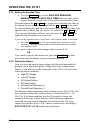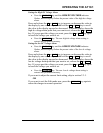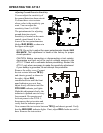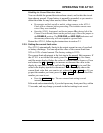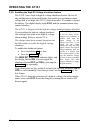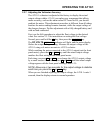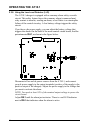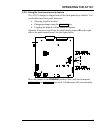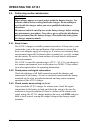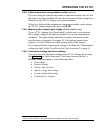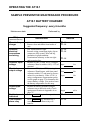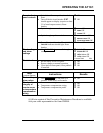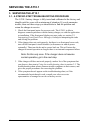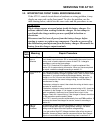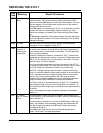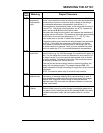
OPERATING THE AT10.1
40
2.4. Performing routine maintenance
WARNING:
High voltages appear at several points inside the battery charger. Use
extreme caution when working inside the charger. Do not attempt to
work inside the charger unless you are a qualified technician or
electrician.
Disconnect and lock out all power to the battery charger before starting
any maintenance procedures. Turn the ac power off at the distribution
panel upstream from the battery charger. Disconnect the battery from
the charger output terminals.
2.4.1. Keep it clean
The AT10.1 charger is cooled by natural convection. At least once a year,
vacuum the vents at the top and bottom of the enclosure to ensure that
there is an adequate supply of cooling air. If you have an extremely dusty
environment (especially if airborne dust is conductive), carefully vacuum
out the interior. Be sure to clean surfaces of circuit boards, and around
electrical terminals.
The AT10.1 is rated for operation up to 122° F / 50° C. If your charger is
in a warmer environment, or at an elevation over 3000ft / 914m, contact
your sales representative for operating information.
2.4.2. Check power and signal connections
Check the tightness of all field connections inside the charger, and
connections to the battery. A loose or corroded connection at the battery
terminals can be a fire or explosion hazard, and may cause erroneous
operation of the AT10.1 charger.
2.4.3. Check remote sense wiring (optional)
If you wired the AT10.1 charger for remote sense, check the signal
connections to the battery or load, and check the wiring to be sure the
insulation is in good condition. If there is a failure of the remote sense
signal wiring, the AT10.1 charger displays the error code E 06, and goes
back to local control, sensing the output voltage at the charger output
terminals.



